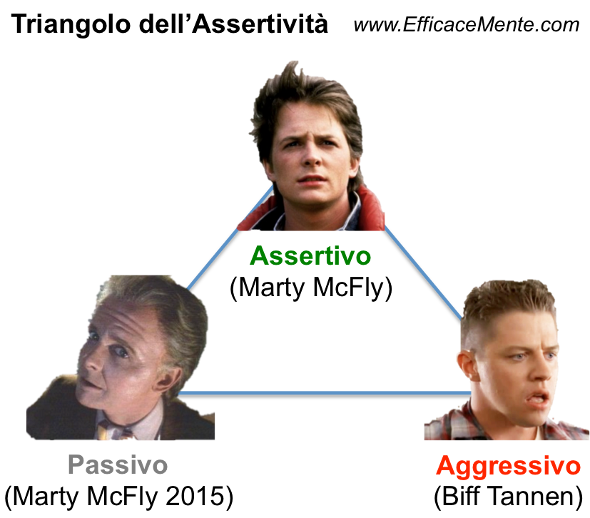It often happens to give priority to the needs of others by ignoring our own, feeling guilty if we answer "no" to external requests. Guilt triggers thoughts like "if I don't, I'll be a bad friend", "I'm selfish", "I'm a bad person because I'm not helping her".

Last update: February 18, 2022
Setting limits does not mean defending our opinion and thoughts with the sword, imposing them on those of others. It also doesn't mean being honest at all times, regardless of what others think or feel.
It means letting other people know what we need and what we want, even if it doesn't match their wishes. It consists in expressing what we want and what we do not want, but without forgetting the desires or needs of others, thus always keeping in mind what others feel or think.
Setting limits means drawing lines with others (and with ourselves) that must not be crossed.
Edward T. Hall and Robert Sommer, pioneers in the study of personal space, ensure that limits enclose and envelop a person on a level that goes beyond the physical. It is thanks to them that we feel mentally and physically protected, they represent a refuge where we feel that no one can attack us with their comments or behavior.
However, the two scholars have revealed that in everyday life man too often overlooks his limits, he does not take care of his barriers with the care necessary to keep them from falling. Let's see what limits us and why it is important to set limits.
What is holding us back when it comes to setting limits?
What prevents us from setting limits and saying no when needed? Fear of rejection probably plays a decisive role.
When, for example, we do not feel like helping a friend who has asked for our help, the fear that the relationship may be ruined will push us to go against our will.
Sometimes we prioritize the needs of others by ignoring our own, feeling guilty if we answer "no" to external requests. Guilt triggers thoughts like "if I don't, I'll be a bad friend", "I'm selfish", "I'm a bad person because I'm not helping her".
These are exaggerated thoughts: putting yourself first doesn't make us bad people. It's not about being selfish and putting yourself above others, but not even to let anyone put their feet on their heads. It is right to find a balance.
Limits also serve when there is a tendency to take responsibility for everything, to carry on our shoulders the weight of the problems of others.
We find it hard to say "no" because we tend to take on loads that are not due to us. For example, we commit ourselves to doing a job that someone else has not finished, to solve a friend's problem when it would not be our job ...
Why is it so important to learn to set limits?
Know yourself
Knowing how to set limits means knowing yourself. To set limits, you need to know yourself and your abilities. It means being aware at all times of what you want and what you need. Ask yourself: what do I want? What do i need? What makes me feel good?
In turn, limits allow us to respect ourselves more and this will guarantee the same respect on the part of others as well.
Benefits for self-esteem
Setting limits will result in a considerable increase in your self-esteem simply by recognizing yourself and giving yourself the right space. Feeling better about yourself, the fear of showing oneself as one is will disappear. All of this will help dissolve the tension associated with always having to be careful not to hurt.
You will feel free to express your needs regardless of how others take it; you won't feel guilty for not doing what others expected.
Learning to set limits also means saying "no" when we want without feeling obligated to satisfy others.
Healthy and balanced relationships
Setting limits helps to relate to others in a healthy and balanced way, eliminating the imbalances and inequalities within the relationship.
You will be able to make others understand how you want them to deal with you, finding a lot of personal satisfaction. The frustration and stress associated with no boundaries will gradually disappear.
By learning to respect your own limits and those of others, your relationships will become healthier and more stable over time. Respect will become palpable and no one will impose itself on the other.
Ultimately, learning to set limits in relationships with others allows us to strengthen the sphere of personal well-being. It allows us to identify and define our needs, making us protagonists of our choices, thus fostering a sense of responsibility in the scenario of our life.

























